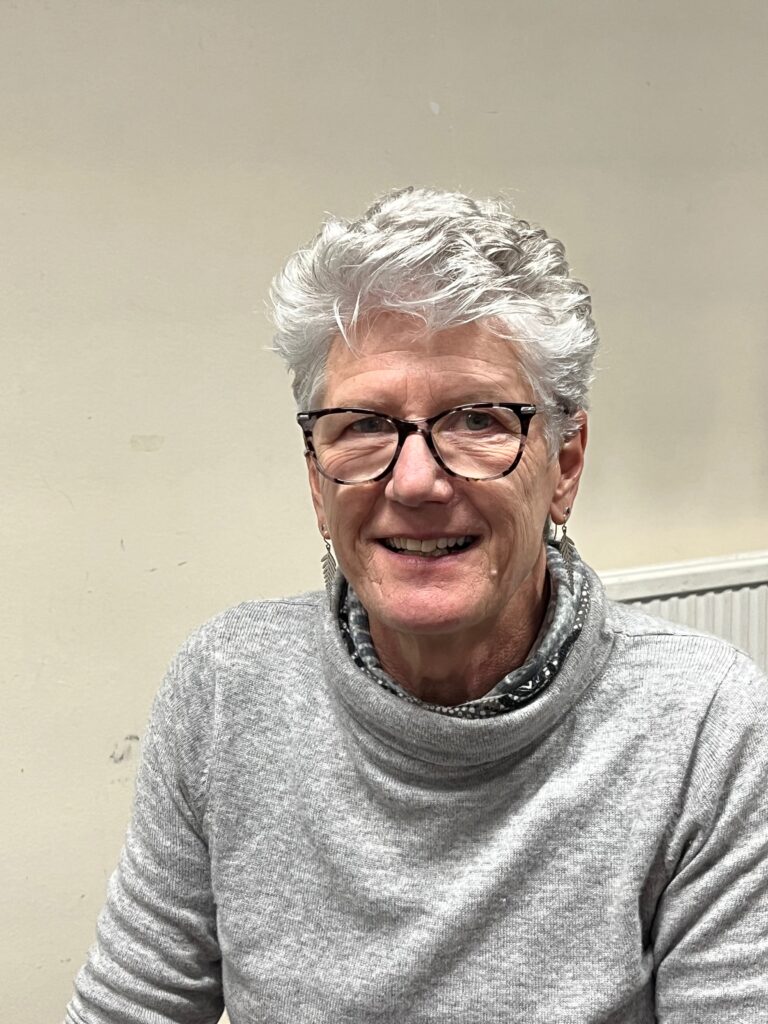This month we welcome Elaine Fieldhouse and Barry Reeves who will each present an illustrated talk about compost.


Elaine has spoken to us a number of times and is the proud owner of a multitude of successful compost bins. She will bring a bucket of her compost for us to explore!
Barry will tell us all about Hot Bins! He is very knowledgeable about hot composting and we are very lucky that he is happy to share his knowledge with us.
On Tuesday 9th April 2024
At Aldersbrook Bowls Club E12 5DY
Doors open 7pm for a 7:30pm start
Free for members. and £5 for guests


